Do Cats Like Belly Rubs? Answer May Surprise You 🐱

As a cat owner, you’ve likely found yourself wondering
Do cats like belly rubs? ![]()
This question arises often, especially when our feline friends stretch out on their backs, seemingly inviting us to give their bellies a good scratch. But is that really what they want?
Let’s delve into the mystery of feline belly rubs and understand this peculiar behavior.
Understanding Your Cat’s Body Language 🐾
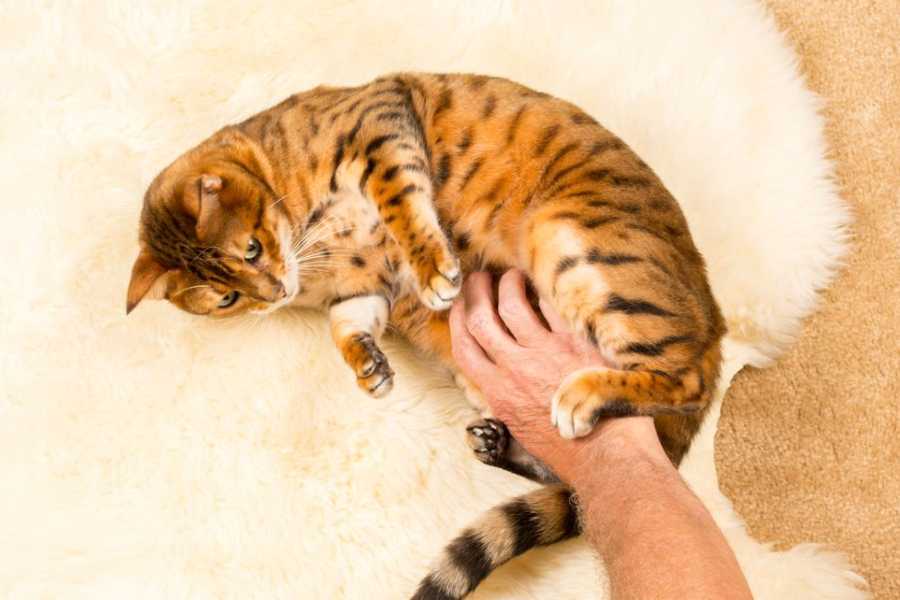
Cats are creatures of comfort. They love their sleep, preening sessions, and playtime. They also seem to enjoy being patted, especially on the back or neck. However, when your hand ventures towards their belly, the reaction might be quite different.
Your cat might stretch out lazily, appearing relaxed and ready for petting, only to suddenly bite or scratch when their abdomen is touched. This reaction can be confusing, but it’s important to understand that your cat is not necessarily inviting you to caress them. They’re indicating that they are relaxed and comfortable in your presence, but it doesn’t mean they want you to touch their belly.
When a cat feels that their boundaries are not being respected, they begin to show their discomfort through their body language. This can include flattening their ears, crumpling their body, displaced movement, or rigidity. If you don’t stop, the cat may escalate their warning signs. Understanding your cat’s body language is crucial in maintaining a good relationship with them. For more insights on this, check out our article on why cat has tongue out: understanding the adorable cat blep. ![]()
The Belly: A Vulnerable Area 🚫
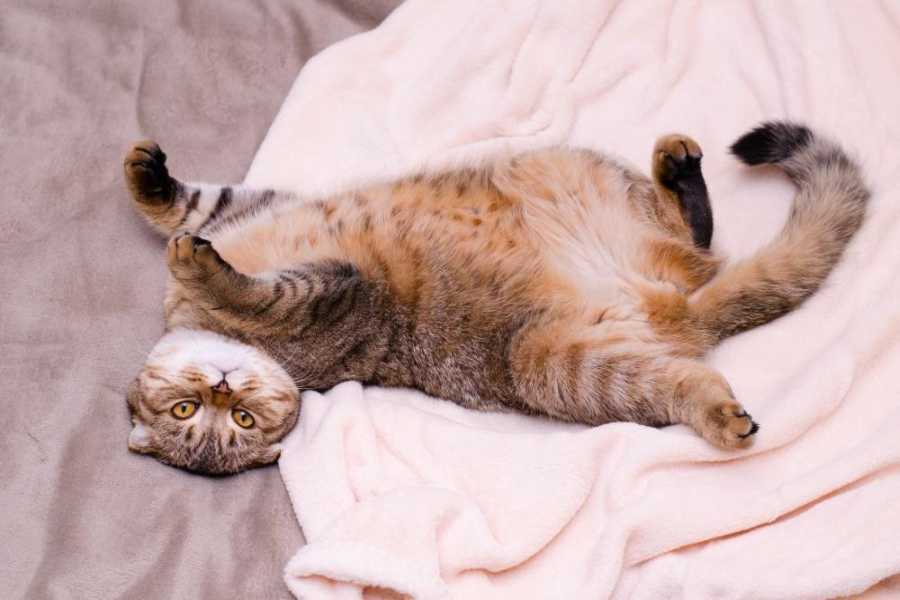
The main reason most cats don’t enjoy belly rubs is because the belly is one of the most vulnerable parts of their bodies. Despite centuries of domestication, cats still maintain certain instincts from their wild ancestry.
They have a strong survival instinct and are often on alert for potential predators, even in the comfort of their own home.
The abdomen is where the vital organs are kept, so an attack here could be fatal. When we go to pet our cats on their belly, they may think we’re going to do them harm, or they are simply instinctively protecting themselves. ![]()
Every Cat is Unique 😺
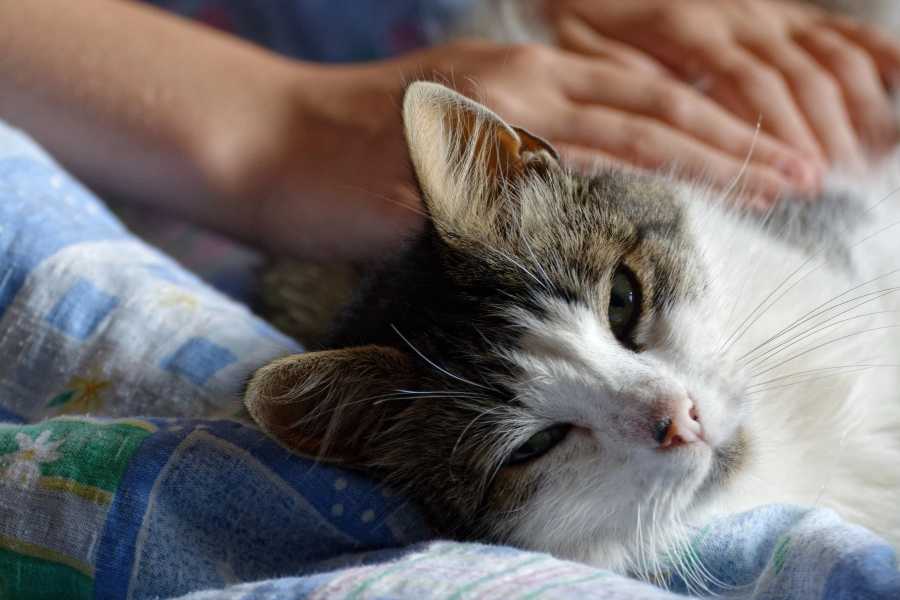
It’s important to remember that every cat is unique. Some cats might enjoy having their bellies touched, while others would totally reject this sort of interaction. For this reason, it’s crucial to understand your cat’s individual body language and communication.
In addition to the belly, many owners wonder why cats don’t like their feet or tail being touched. Again, this is usually due to the sensitivity of these areas. If a cat lies down in a relaxed way by your side, it doesn’t mean they want you to touch them, much less in an excessive way.
If you want a more likely acceptance of being petted, areas such as the chin, head, nape, and back are more likely to be warmly received. Always approach with a certain softness, paying attention to their body language, and accepting that they will leave if they don’t want anymore.
Almost all cats like to be caressed, but none of them likes to be forced to stay by our side. They must have the freedom to leave at all times, and they will express their displeasure with something. Allowing them this affords one of the five freedoms of animal welfare. ![]()
The Exception to the Rule 🎯
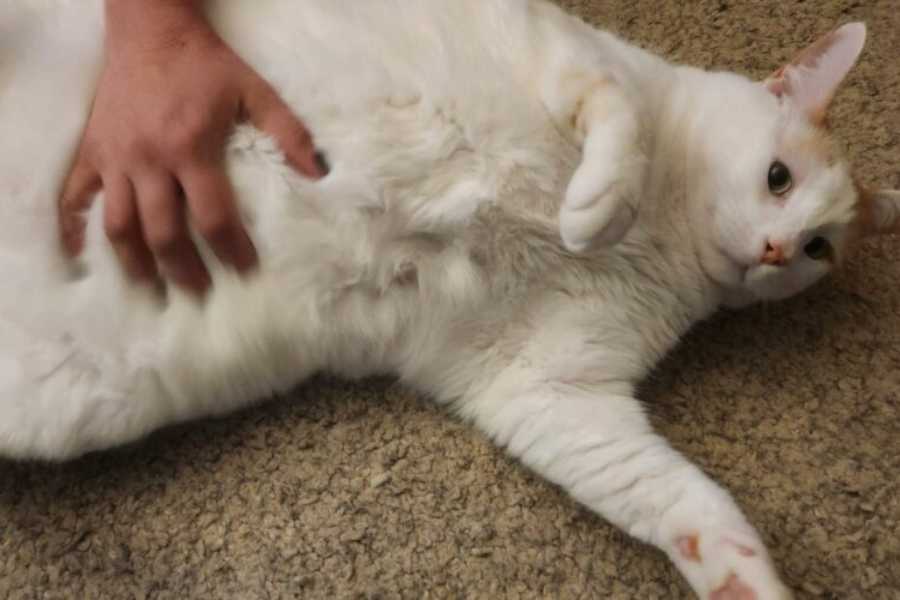
Is your cat a rare feline who likes having their belly touched? If so, consider yourself lucky! Some cats do enjoy belly rubs, but they are the exception rather than the rule.
If you’ve been able to convince your cat to let you pet their belly, it’s likely because they trust you completely and feel safe in your presence. This is a testament to the bond you’ve built with your feline friend.
Conclusion: To Rub or Not to Rub? 🤔
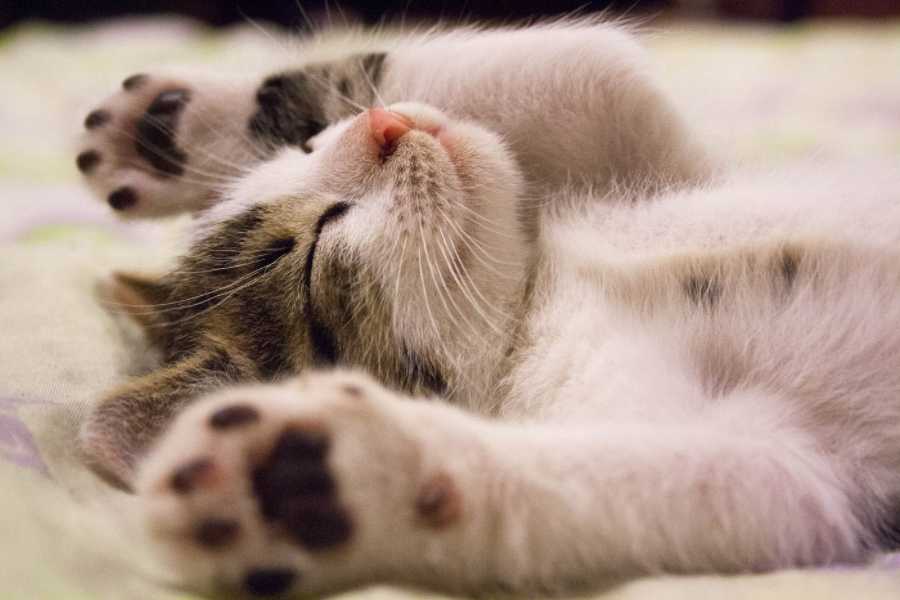
So, do cats like belly rubs? The answer is not a simple yes or no. It depends on the individual cat and their level of comfort and trust with you.
As a general rule, it’s best to avoid petting a cat’s belly unless you know they enjoy it. Instead, stick to safer areas like the chin, head, nape, and back. Always respect your cat’s boundaries and pay attention to their body language. ![]()
Remember, your cat’s comfort and happiness should always be your top priority. By understanding their preferences and respecting their boundaries, you can build a strong, loving relationship with your feline friend.
For more insights into understanding your cat’s behavior, check out our other articles such as why my cat has bad breath: causes and remedies and why cat can see in the dark: the secret of feline night vision. ![]()
Tags
Share
Table Of Contents
Related Posts
Quick Links

